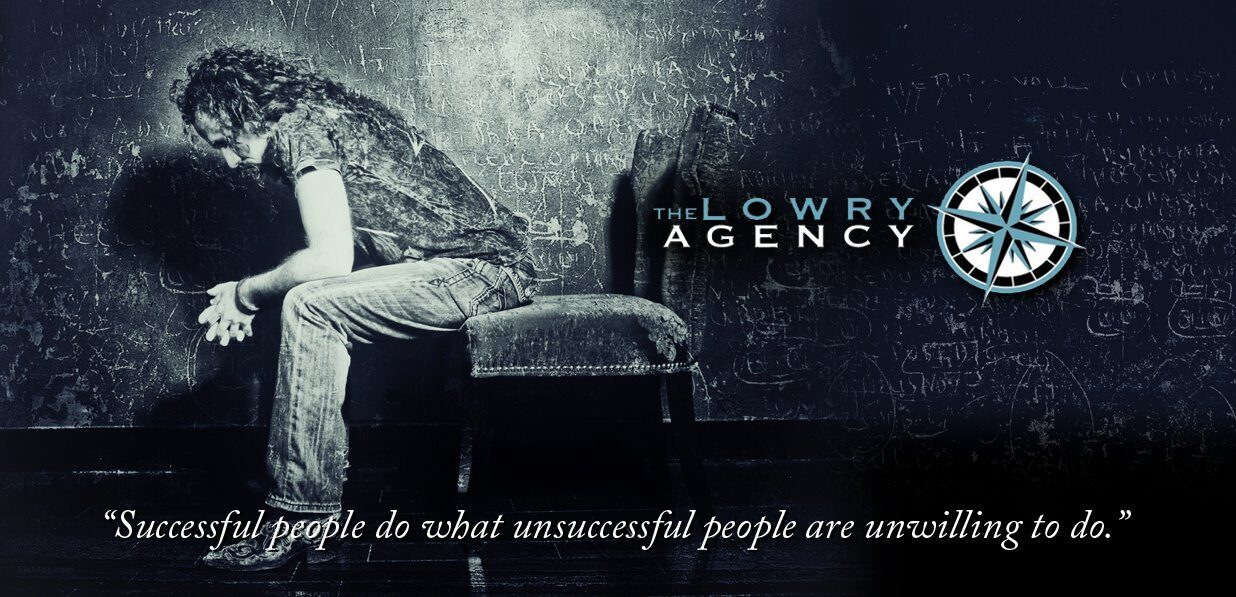SOCIAL MEDIA ETIQUETTE WHEN APPROACHING ENTERTAINMENT BUSINESS CONTACTS
Somehow, somewhere in the crazy Facebook, MySpace and Twitter generation, musicians, artists, actors/actresses, writers and any person looking to catch a break in the entertainment industry have forgotten how to be polite, courteous and how to stand out and be noticed. Now instead of artists/entertainers sending unsolicited packages to the offices of labels, managers, booking agents and PR reps, they spam our in boxes with unsolicited MySpace pages before they even say hi. There is no asking permission if they may send something or even asking what they should send. They just send their MySpace page without a thought as to what it looks like, what info we need to see or even if we are looking for any acts or what type. Some just ask us to review and give an opinion instead of realizing #1 we don’t have time, #2 we charge for consultation and most importantly #3 it takes time away from our current roster and family. They expect us to look and listen to their pages along with the 300 hundred others we got that day.
Here are some social networking tips for all entertainment people trying to make it. If you want to connect with someone on Twitter or any other social networking site, get to know him or her first. Do your research to make sure you understand what they do; you shouldn’t approach a manager about booking, as it isn’t what they provide for their clients. Don’t be an annoyance and bug them all the time. Just because they helped you once, doesn’t mean they will do it again for free. Respect what they provide and expect to pay for advice and consultation. Often we will give you some tips to help you out, we all like to share our knowledge, but we have to make a living too. Never just send a MySpace, Facebook or Reverbnation page without asking permission and please make sure you understand what goes into a press kit or electronic press kit (EPK) before you send it. Please make sure whatever you send looks as professional as possible. Don’t ever make them do the research on you or say just “Google” me. They don’t have the time and will just toss your stuff in the trash. It is your job to present yourself in the best way possible with the most accurate, informational and professional package you can provide. There are all kinds of free info on the Internet to find out what that particular music industry person will want to see. If you can’t take the time to approach people correctly and professionally with your best foot forward, then you shouldn’t expect them to think you take your hopeful career seriously.
Please be aware of their space and time. Be respectful and take your burgeoning career seriously, especially if you want others to!
